Professional and high-quality metal alloys, ceramic products and concrete additives | RBOSCHCO
Nitride Powder
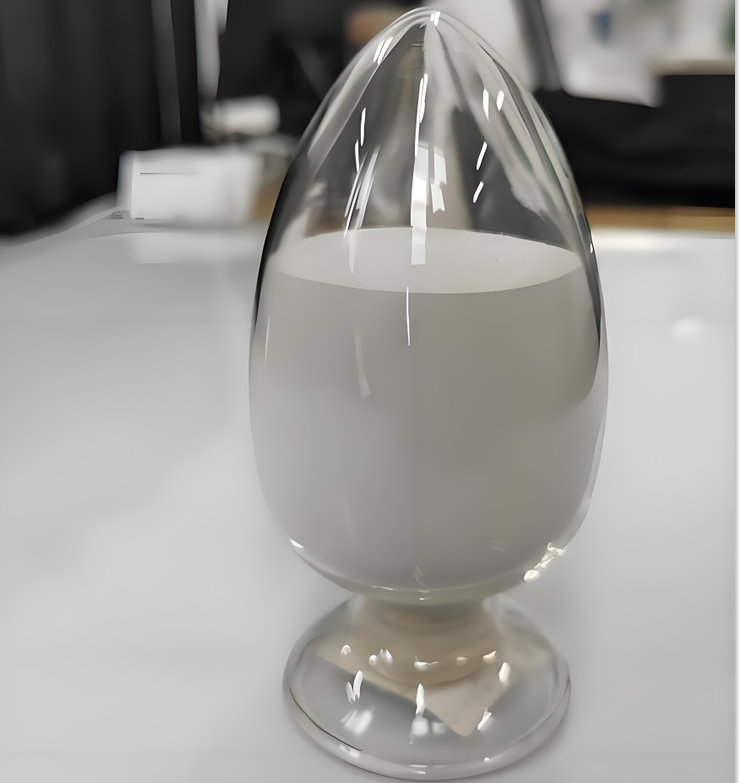
High Purity Silicon Nitride Si3n4 Powder Price CAS 12033-89-5 Silicon Nitride with Factory Price
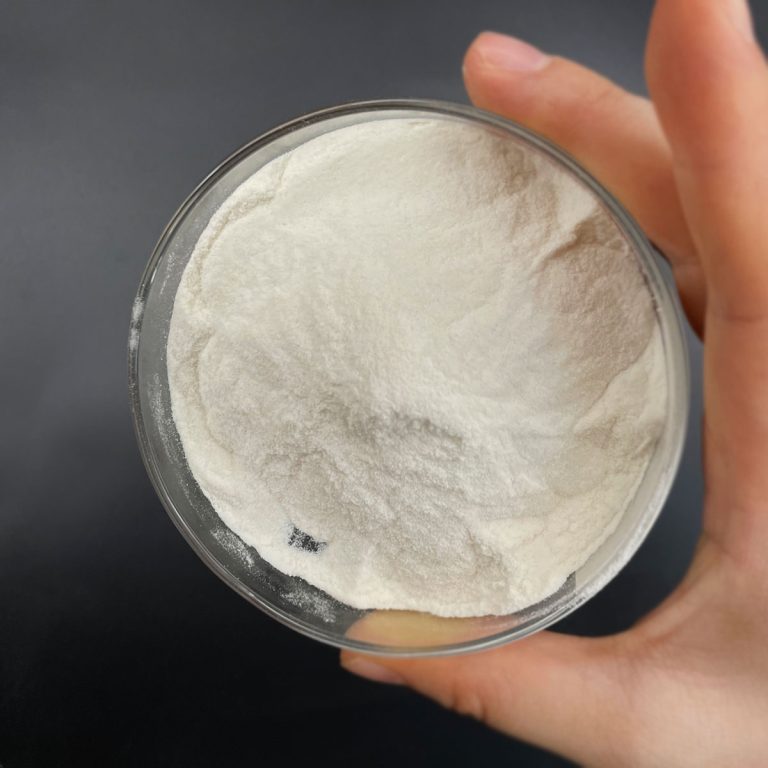
Hexagonal Boron Nitride – Cosmetics Grade
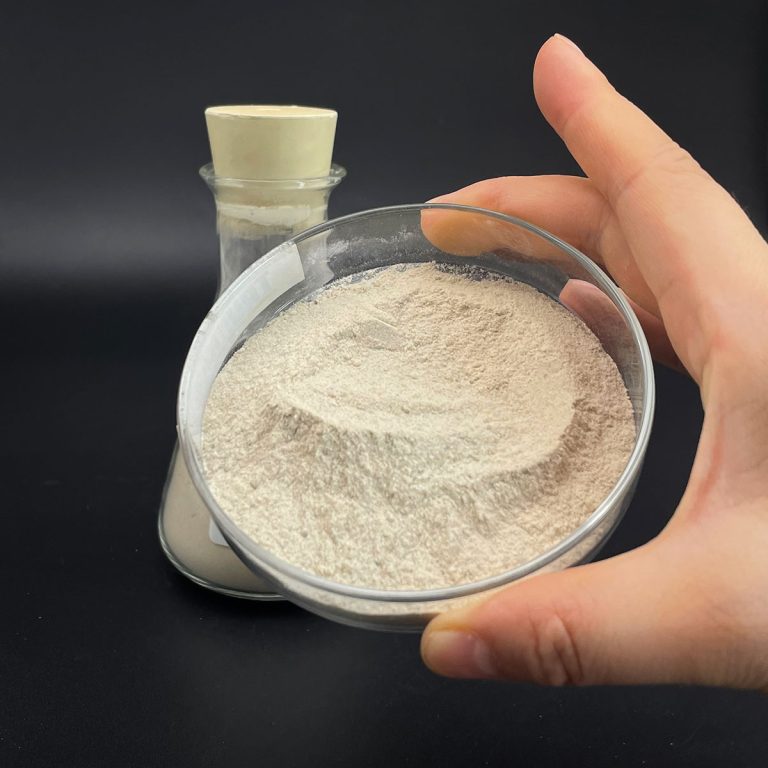
High Purity Aluminum Nitride Optics Sensors Aerospace Applications Infrared Window Material Excellent Transmittance
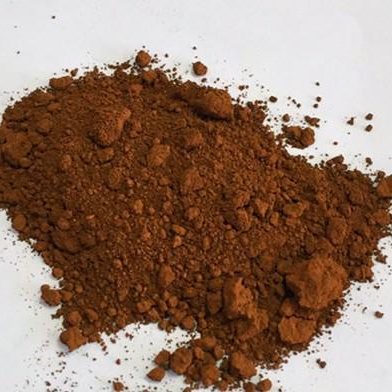
Lithium Nitride Li3N Powder CAS 26134-62-3
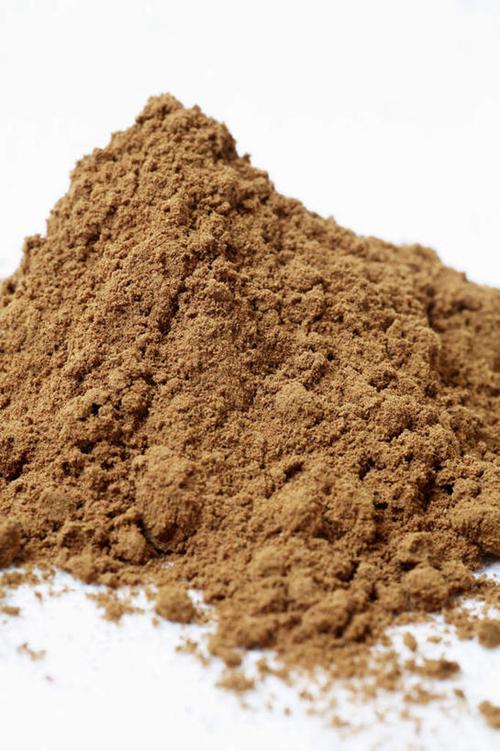
Superfine Pure 99.9% Tin Powder

ZrN Powder Price CAS 25658-42-8 Zirconium Nitride
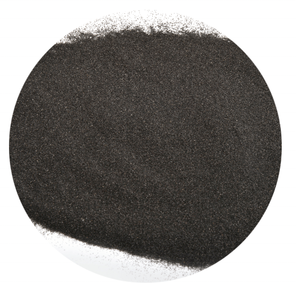
Electronic Industry AlN Powder Aluminium Nitride Powder AlN Granule CAS 24304-00-5
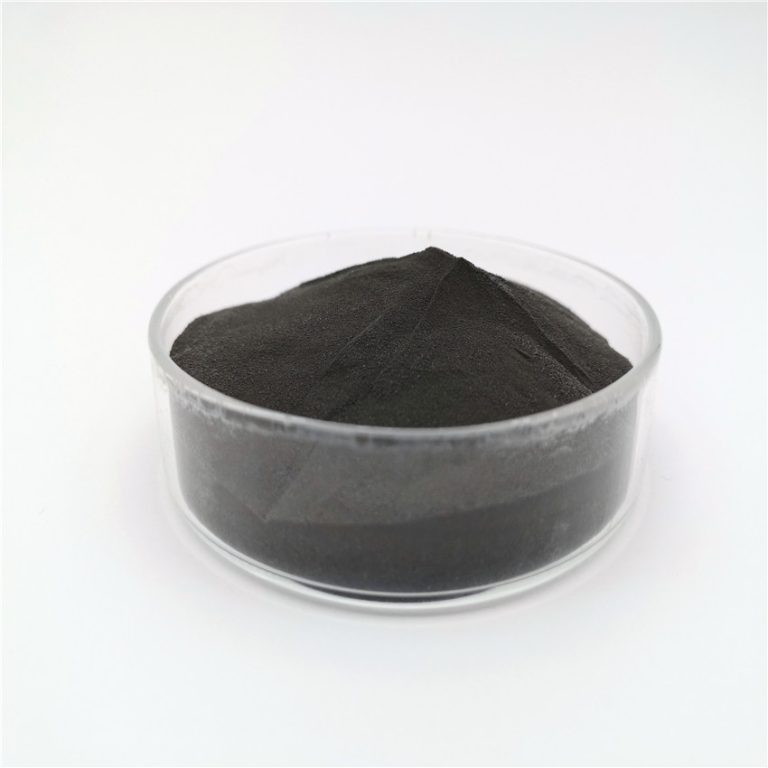
Tantalum Nitride TaN Powder CAS 12033-62-4
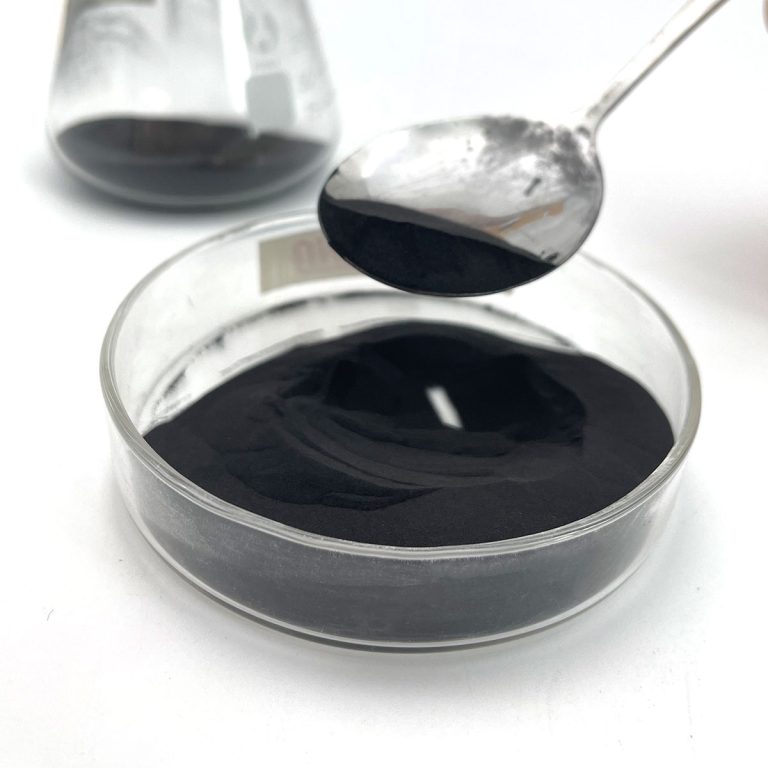
Factory Wholesale Cas 24621-21-4 NbN Powder Niobium Nitride Powder NbN Powder
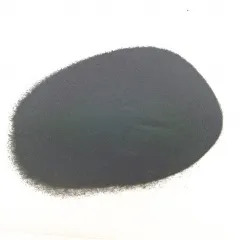
Micron Cobalt Co Powder Price Submicron Co Cobalt Nanoparticle Powder
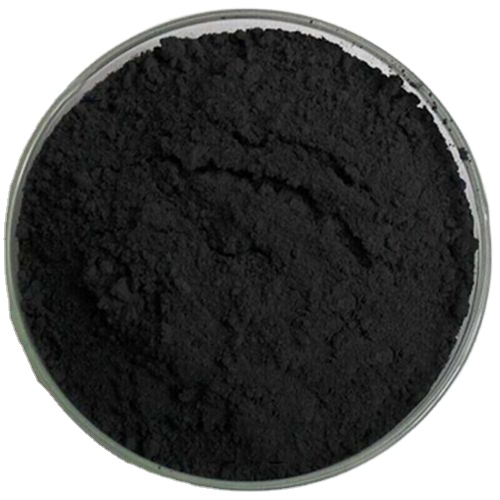
High Purity Nano Zirconium Nitride ZrN Powder Price

Molybdenum Nitride MoN Powder CAS 12033-19-1
Overview of Nitride Powder
Nitride powder, a chemical compound of nitrogen and another element, is a highly versatile material with various industrial applications. It is known for its hardness, thermal stability, and corrosion resistance, making it a valuable addition to various industries. Nitride powder is typically produced through a controlled chemical reaction, ensuring purity and consistency.
Specifications of Nitride Powder
| Parameter | Description |
|---|---|
| Material Name/Symbol | Depends on the product |
| CAS Number | Depends on the product |
| Purity (%) | Depends on the product |
| Particle Size Distribution (PSD) | Size Range: <1 µm to 5 µm |
| Morphology | Spherical |
| Surface Area (m²/g) | Depends on the product |
| Bulk Density (g/cm³) | Depends on the product |
| True Density (g/cm³) | Depends on the product |
| Tap Density (g/cm³) | Depends on the product |
| Flowability | Good flowability, measured by Hall Flow Rate |
| Nitrogen Content (%) | Depends on the product |
| Oxygen Content (%) | Depends on the product |
| Moisture Content (%) | Depends on the product |
| pH Value | Neutral (6.5 - 7.5) |
| Electrical Conductivity (S/m) | Insulator (<10⁻¹² S/m),Depends on the product |
| Melting Point (°C) | 1900 °C,Depends on the product |
| Boiling Point (°C) | Decomposes before boiling, Depends on the product |
| Thermal Conductivity (W/m·K) | 30 W/m·K, Depends on the product |
| Coefficient of Thermal Expansion (CTE) (1/°C) | 3.2 × 10⁻⁶ /°C, Depends on the product |
| Hardness (Vickers/HV) | HV10 ≈ 15 GPa, Depends on the product |
| Crystal Structure | Hexagonal, Depends on the product |
| Chemical Reactivity | Chemically inert under normal conditions Depends on the product |
| Solubility in Water | Practically insoluble Depends on the product |
| Safety Data | Refer to MSDS provided by manufacturer |
| Storage Conditions | Store in a dry, well-ventilated area, away from moisture and oxidizing agents |
| Packaging | Supplied in sealed plastic bottles or bags Depends on the product |
Characteristics of Nitride Powder
High Hardness: Nitride powder exhibits exceptional hardness, making it suitable for abrasive and cutting applications.
Thermal Stability: It keeps its architectural honesty also under high temperatures, making it perfect for high-temperature applications.
Excellent Corrosion Resistance: Nitride powder resists corrosion in harsh environments, prolonging the product's service life.
Good Chemical Stability: It is resistant to chemical reactions, ensuring stability in various chemical processes.
Low Thermal Conductivity: Its low thermal conductivity makes it useful in insulation materials and thermal barrier coatings.
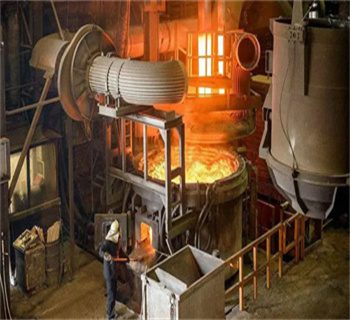
Application of Nitride Powder
Cutting Tools and Abrasives: Nitride powder is used in manufacturing cutting tools and abrasives due to its hardness and wear resistance.
Ceramics and Glass Industries: It is employed in ceramics and glass production to enhance mechanical strength and thermal stability.
Electronic Devices: Nitride powder finds applications in the electronics industry as a dielectric material in capacitors and resistors.
Metallurgy: It is used as a strengthening agent in metallurgy, improving the mechanical properties of alloys.
Coatings and Surface Treatments: Nitride powder is used in coatings and surface treatments to improve wear resistance, corrosion resistance, and hardness.

Company Profile
Rboschco is a trusted global chemical material supplier & manufacturer with over 12-year-experience in providing super high-quality chemicals and nanomaterials, including boride powder, nitride powder, graphite powder, sulfide powder, 3D printing powder, etc.
The company has a professional technical department and Quality Supervision Department, a well-equipped laboratory, and equipped with advanced testing equipment and after-sales customer service center.
If you are looking for high-quality Nitride powder, please feel free to contact us or click on the needed products to send an inquiry.
Payment Term
L/C, T/T, Western Union, Paypal, Credit Card etc.
Shipment Term
By sea, by air, by express, as customers request.
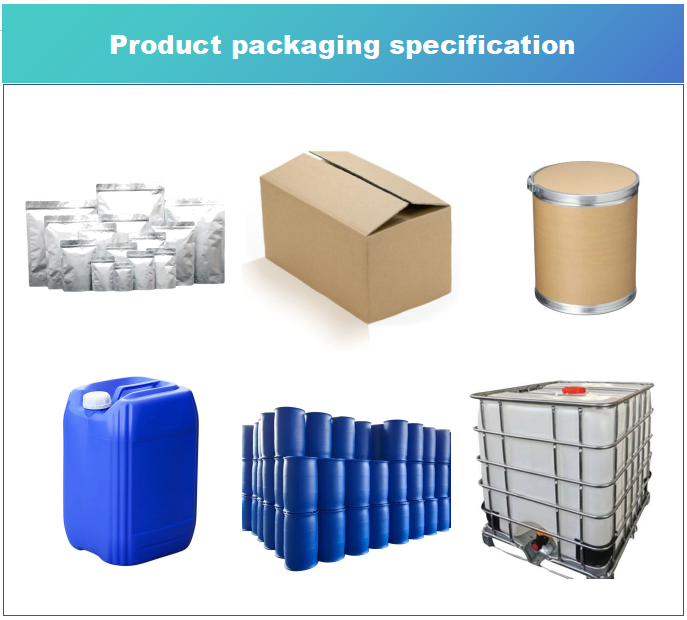
FAQ
- What are the main uses of nitride powders?
Answer: The main uses of nitride powders include but are not limited to:
Ceramic materials: e.g., silicon nitride (Si₃N₄) is used to make high-temperature structural ceramics. These materials have excellent mechanical strength, wear and corrosion resistance, and are suitable for use in engine components, cutting tools, and so on.
Electronic components: Aluminum nitride (AlN) is widely used in semiconductor packaging and heat dissipation substrates due to its high thermal conductivity and electrical insulation properties.
Metal additives: Certain nitrides can be used as alloy additives to improve the hardness and wear resistance of metals, e.g. titanium nitride (TiN) is used in coating technology.
Optical and optoelectronic devices: Gallium nitride (GaN) is a third-generation semiconductor material used in the manufacture of LEDs, lasers and high-frequency power devices.
Catalysts and support materials: Some nitride powders are used as catalysts or catalyst carriers involved in the promotion of chemical reaction processes.
- How does the purity of nitride powder affect the application?
Answer: The purity of nitride powder has a significant impact on its application:
High purity: In precision electronic and optical applications, such as gallium nitride (GaN) for LED manufacturing, extremely high purity is required to ensure optimum optoelectronic performance and reliability.
Medium Purity: For general industrial applications, such as ceramic cutting tools, medium purity nitride powders are often sufficient and more cost effective.
Low purity: In some cases, lower purity nitride powders can be used as roughing or auxiliary materials, but they may not be suitable for applications with high performance requirements.
- How do I properly store and handle nitride powders?
Answer: Proper storage and handling of nitride powders includes:
Dry environment: Most nitride powders should be stored in a dry, well-ventilated area away from moisture and oxidizer contact.
Sealed Packaging: Use sealed containers to store powders to prevent air and moisture from entering and to maintain the chemical stability of the powder.
PROTECTION: Wear appropriate personal protective equipment (PPE) such as gloves, masks and goggles when handling to prevent inhalation or skin contact.
Follow guidelines: Handle in strict accordance with the safety data sheet (MSDS) and operating manual provided by the manufacturer to ensure safe and effective use.
- How safe are nitride powders?
Answer: The safety of nitride powders depends on the specific material type and handling:
Chemical inertness: Most nitride powders are chemically inert at room temperature and do not react easily with common substances.
Dust Hazard: Although chemically stable, fine nitride powders may form a breathable dust, and prolonged exposure may lead to health problems such as respiratory irritation or lung disease.
Toxicity: Some nitride powders may be toxic, especially at high concentrations, so direct contact and inhalation should be avoided.
Environmental Protection: Waste nitride powder should be disposed of properly in accordance with local regulations to prevent environmental pollution.
- What are the price factors of nitride powder?
Answer: Factors that affect the price of nitride powder include:
Purity: Higher purity nitride powders are typically more expensive because the production process requires higher standards of technology and control.
Particle size and morphology: Fine particle sizes and specific morphology of powders may require additional processing steps, resulting in higher costs.
Lot sizes: Discounts are often available for larger purchases, while smaller customized lots may result in higher unit costs.
Applications: Nitride powders used in high-tech fields, such as electronics and optical applications, tend to be more expensive.
Market supply and demand: Market demand and availability can also affect prices, with prices likely to rise when demand exceeds supply.
